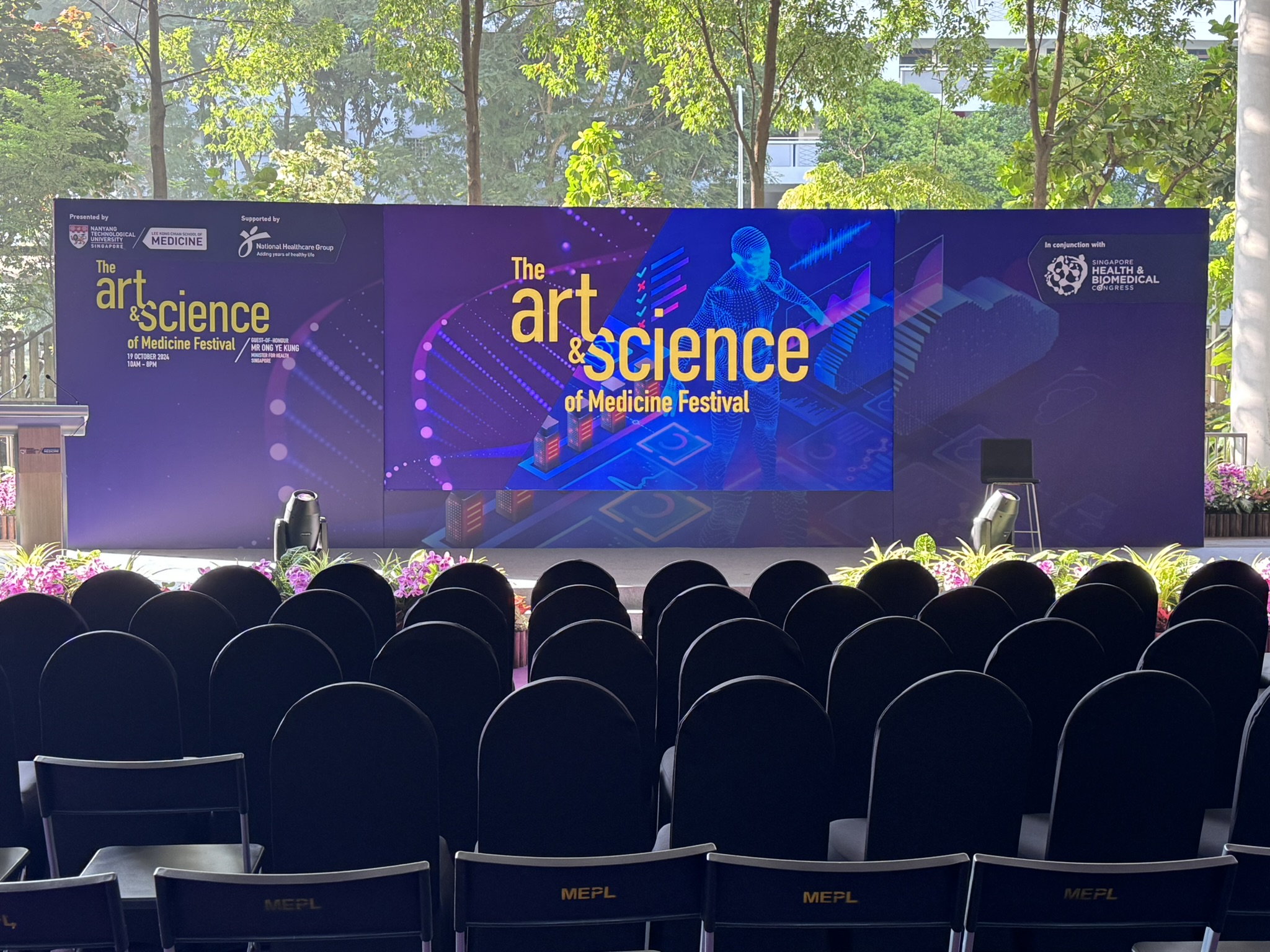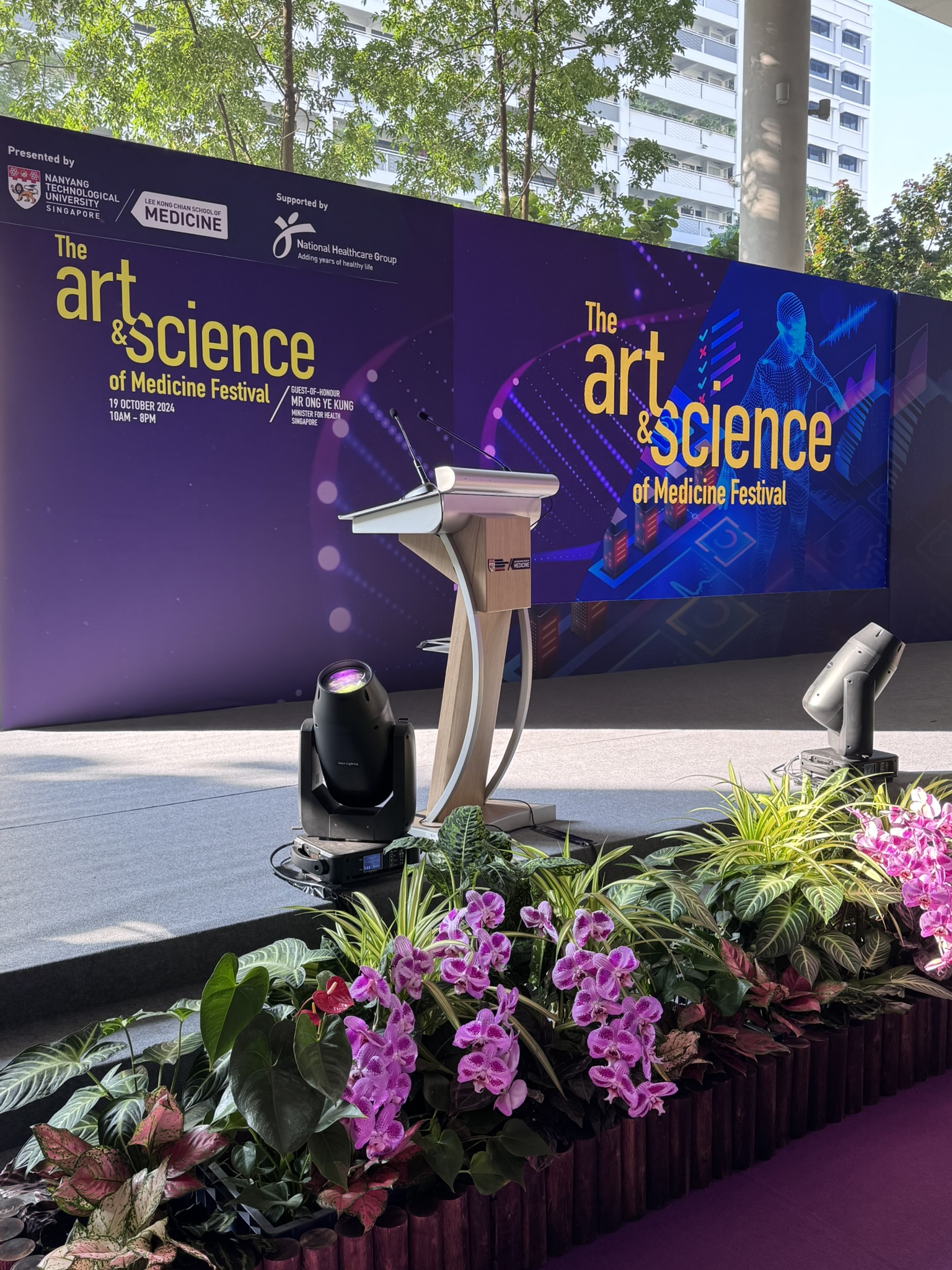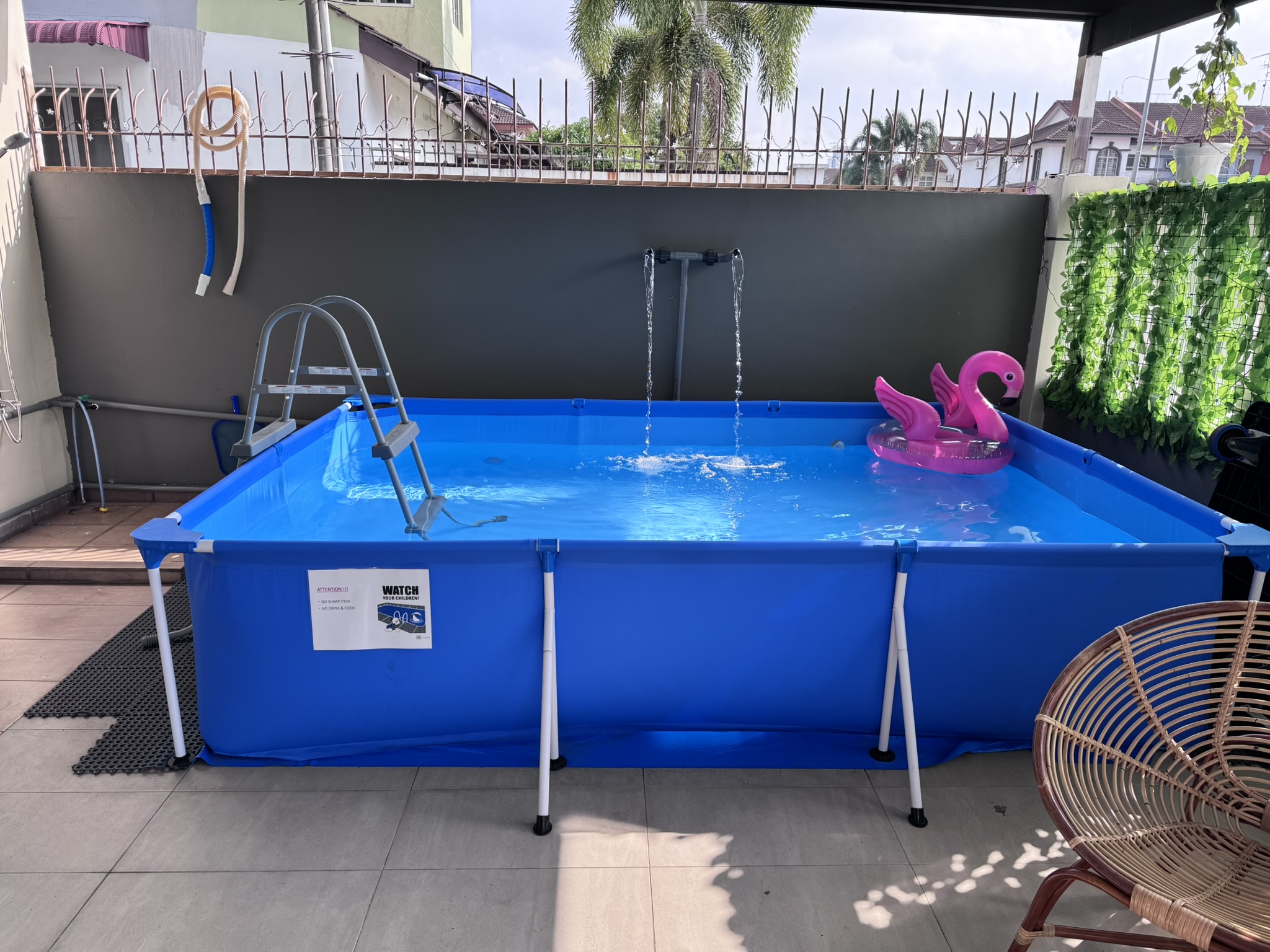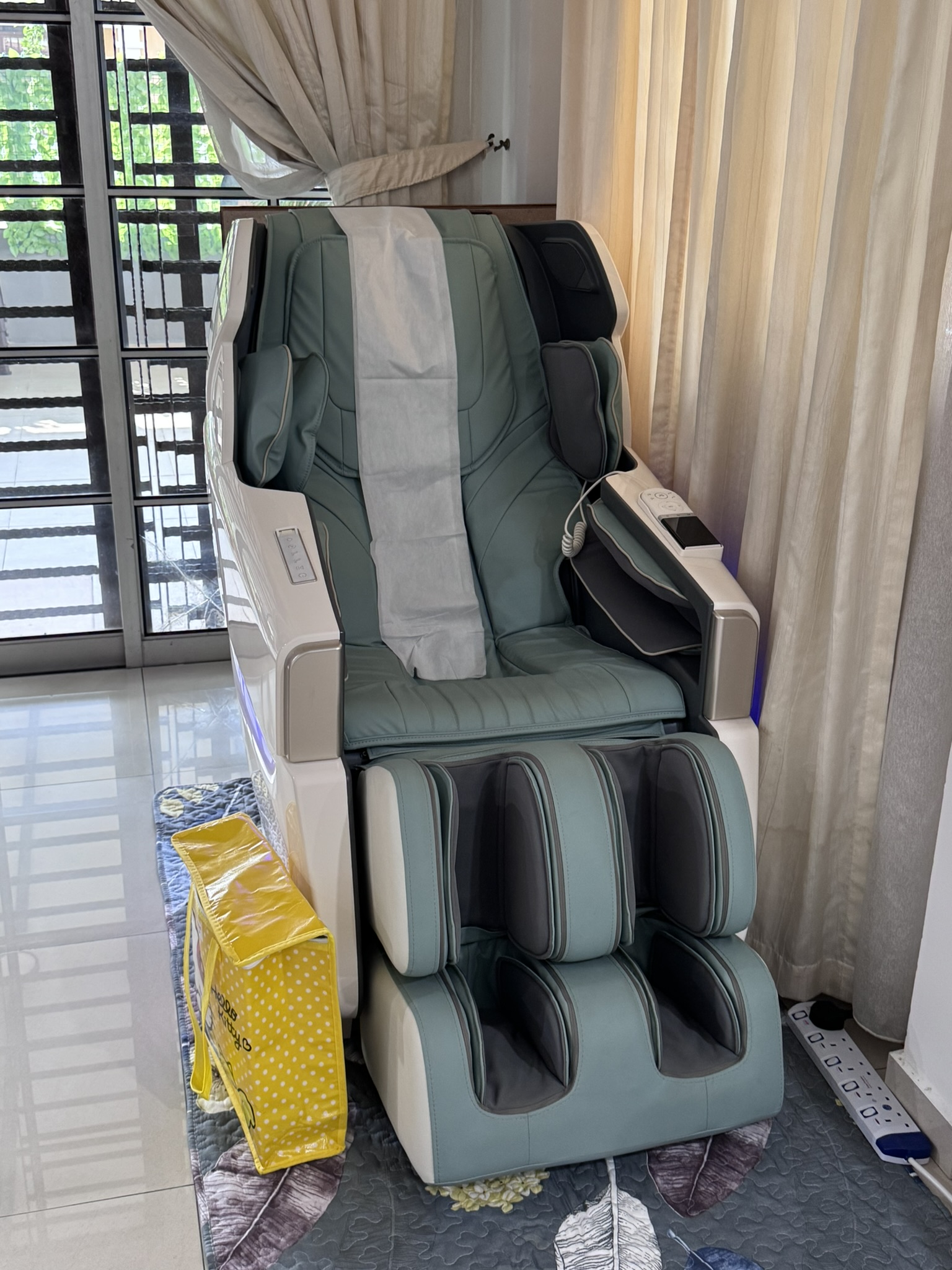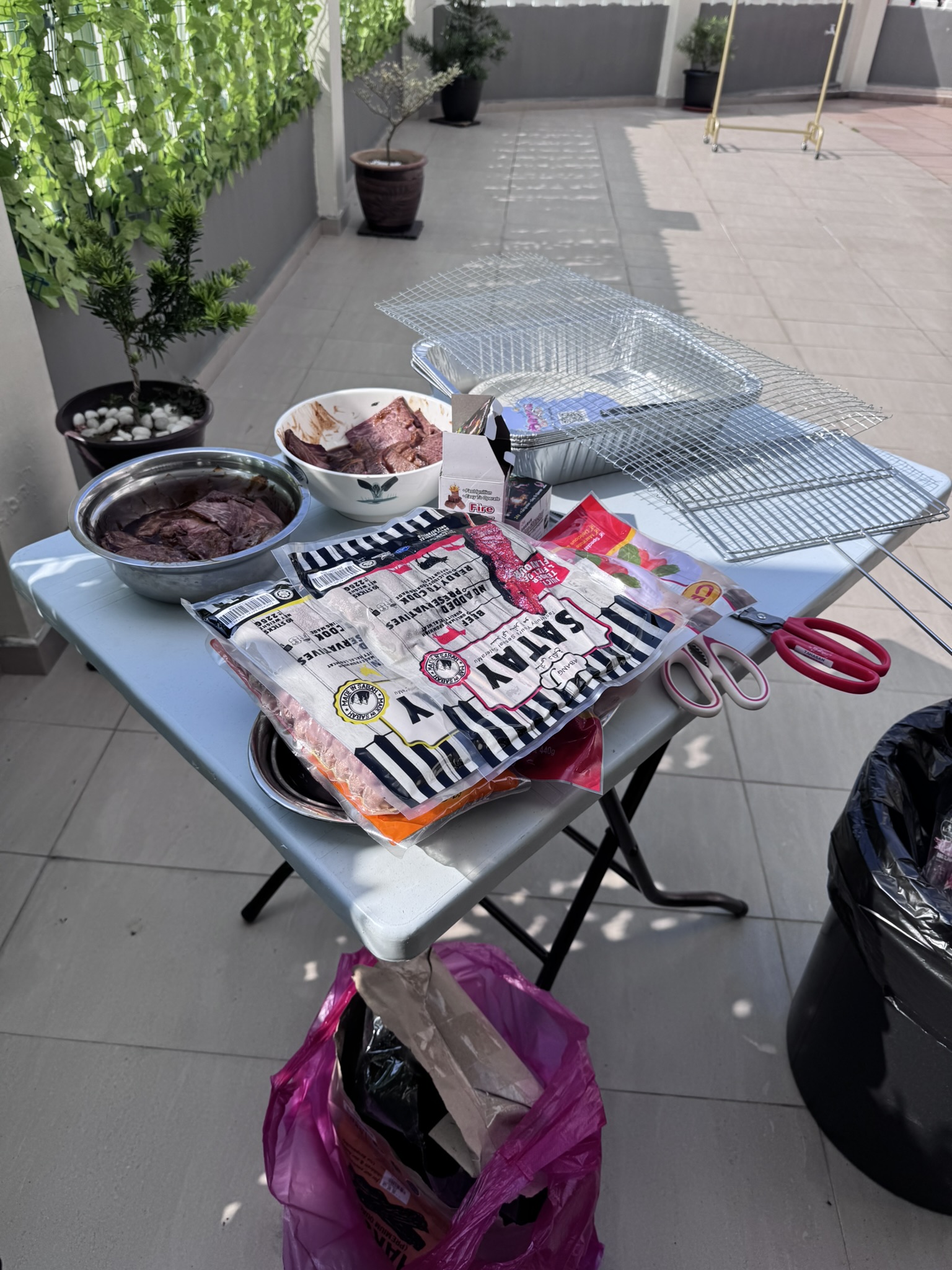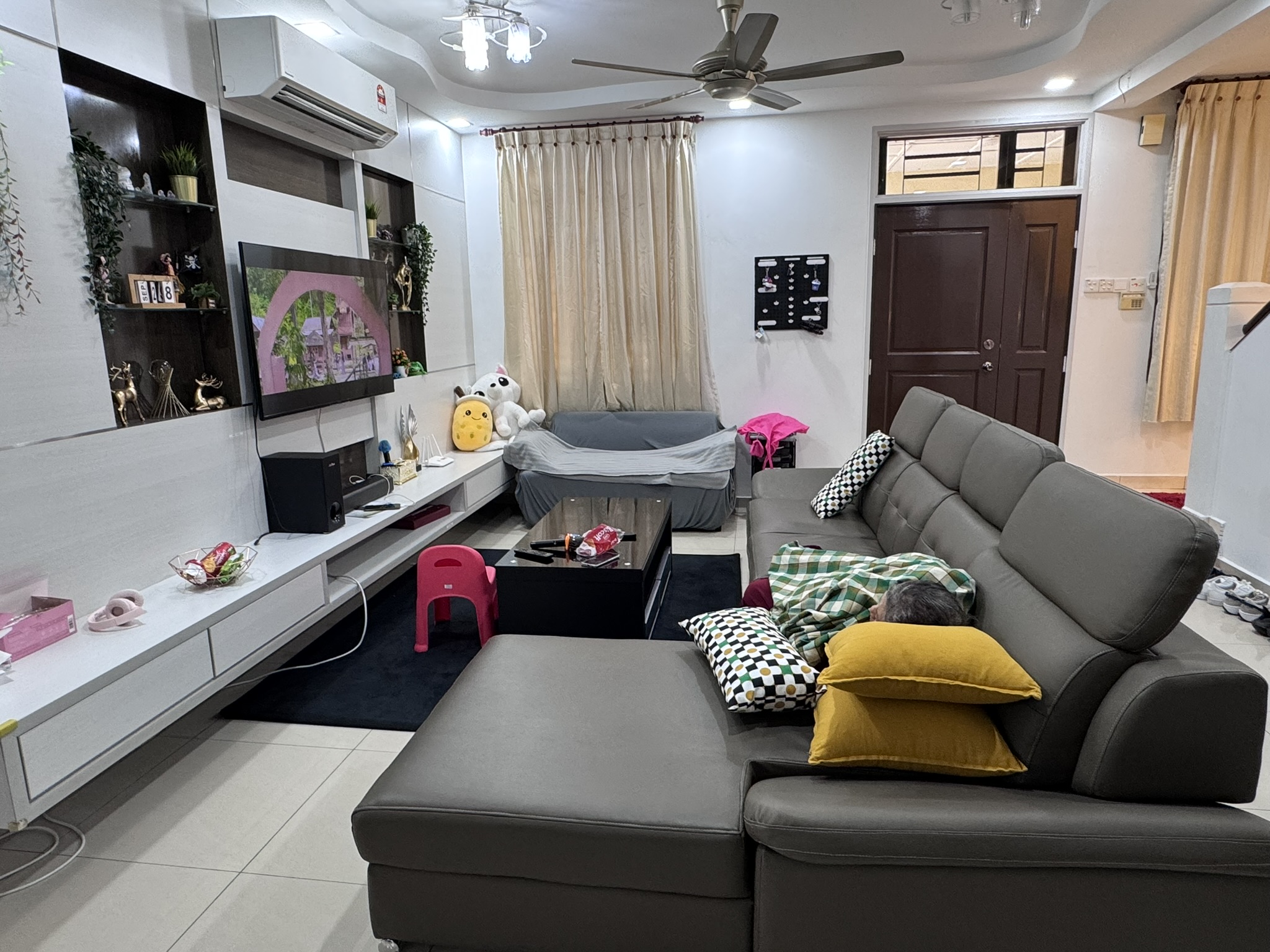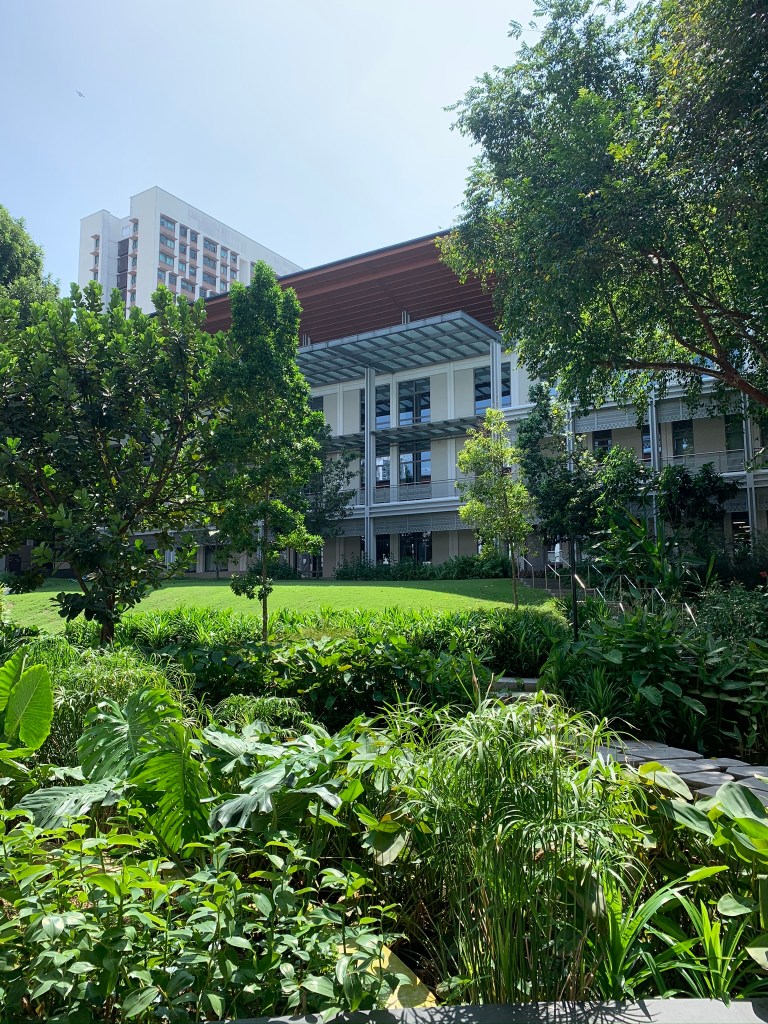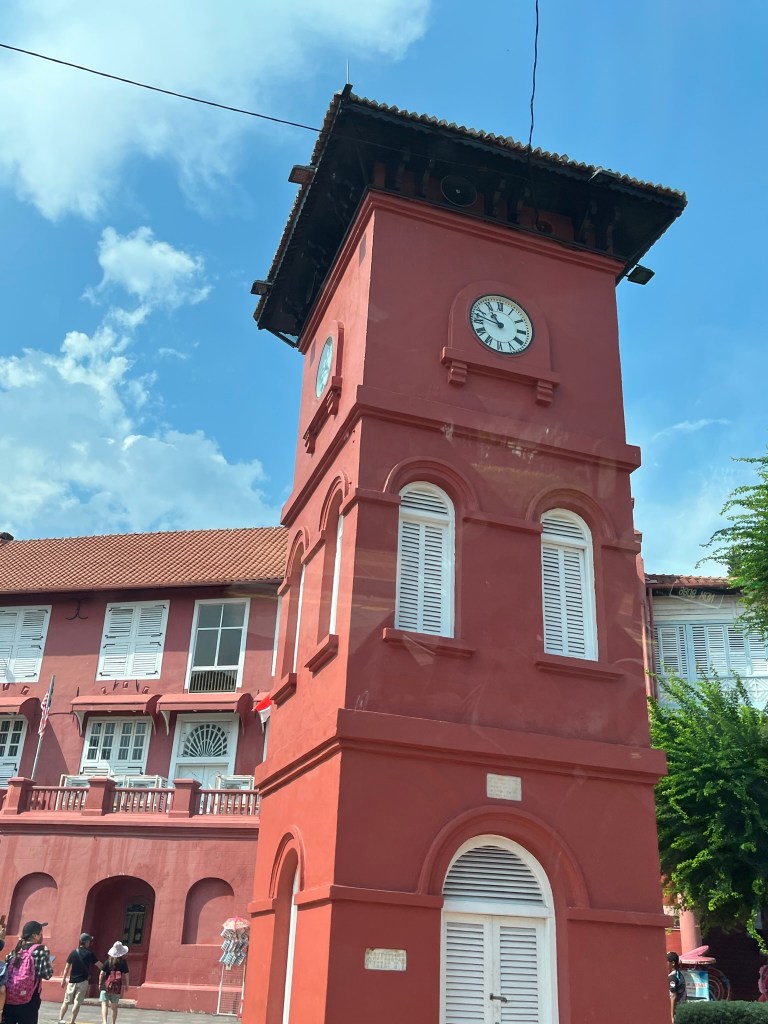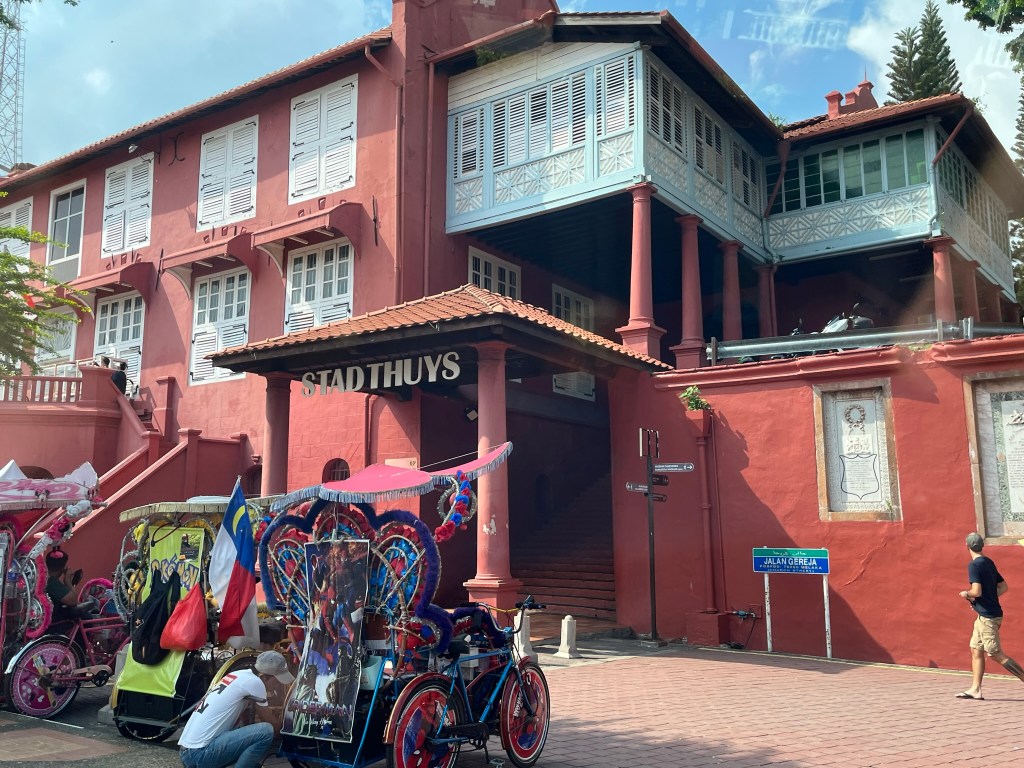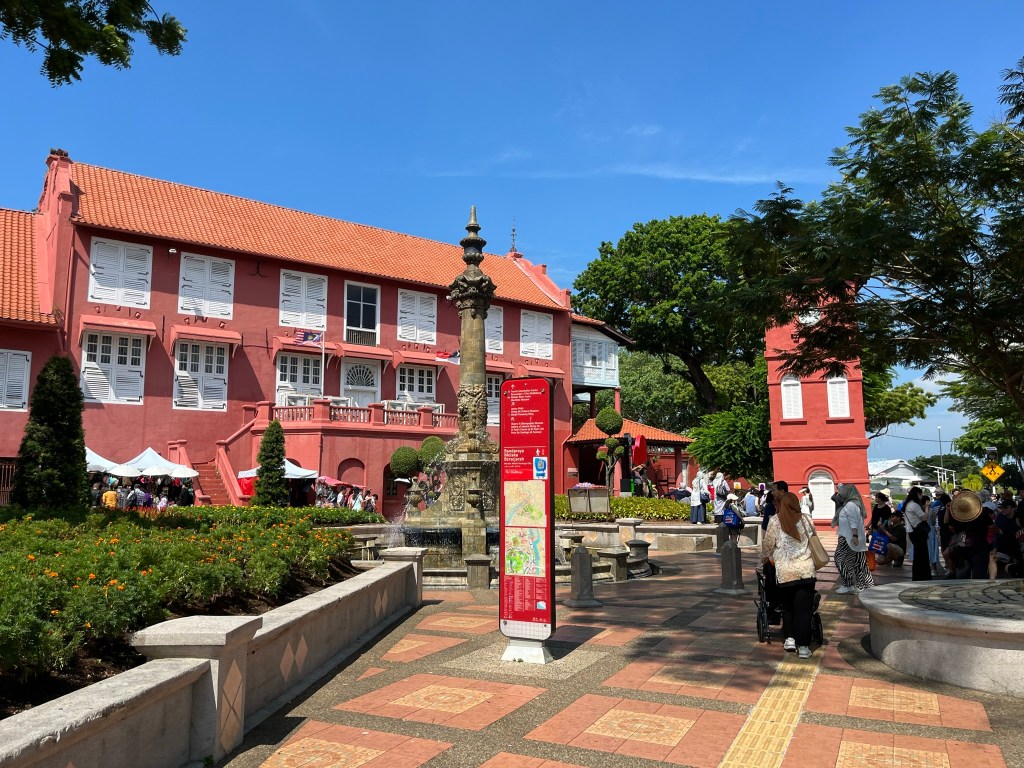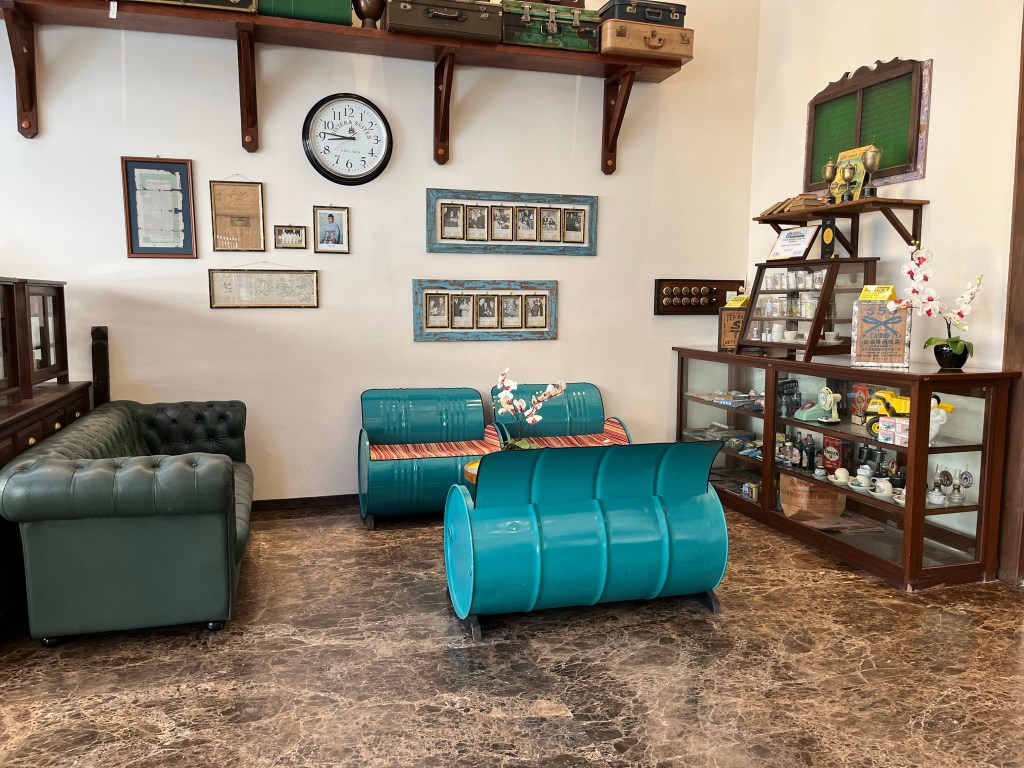
In every organisation—academic, corporate, or public service—we celebrate awards as markers of success. They validate hard work, energise teams, and offer a moment of pride. Yet beneath the shine lies a deeper question worth asking: What truly creates meaningful impact—recognition, or the value we deliver?
Over time, I’ve come to realise that while awards are encouraging, they are not the core of progress. Value is.
Awards Are Moments; Value Is Momentum
Awards serve an essential purpose. They highlight achievements, raise visibility, and boost morale. For teams doing excellent work, an award can feel like well-deserved applause. But the effect is often short-lived. Once the event ends and the certificates are filed away, work continues—and people look for what comes next.
Value, on the other hand, doesn’t fade. It accumulates. When we introduce a service that solves a real problem, improve a system that eases someone’s day, or build an initiative that strengthens a community, it leaves a lasting mark. These contributions shape culture and reputation far more deeply than a single accolade ever could.
Value Builds Trust and Credibility
Stakeholders—whether students, colleagues, partners, or leadership—remember value. They remember the times you showed up, simplified a process, provided clarity, shared expertise, or built something that changed their experience for the better.
When value is consistent, trust follows. And trust is a currency no award can buy.
Recognition Should Be a By-Product, Not the Purpose
There’s nothing wrong with aiming for excellence that may eventually be recognised. But the pursuit of awards alone can lead teams to prioritise optics over outcomes. In contrast, focusing on value keeps us grounded in purpose.
When we work from a mindset of contribution—solving real needs, improving people’s lives, strengthening systems—recognition becomes a natural by-product. And when it comes, it carries more weight because it reflects genuine impact.
A Forward-Looking Mindset
As we navigate increasingly complex challenges in our professions, it’s worth anchoring ourselves in what endures. Awards may celebrate a chapter, but value shapes the entire story.
If we commit to delivering meaningful outcomes, supporting our communities, and continuously improving how we work, we build a legacy that lasts far beyond any trophy or plaque.
In the end, the most powerful recognition comes not from ceremonies, but from the people whose lives are better because of the value we created.
Disclaimer
The views expressed in this post are personal reflections drawn from professional experience and are shared for thought leadership and discussion purposes. They do not represent the official position, policies, or views of any institution, organisation, or affiliated entity. References to awards or recognition are not intended to diminish their value, but to encourage a broader conversation on sustainable impact and long-term value creation.

